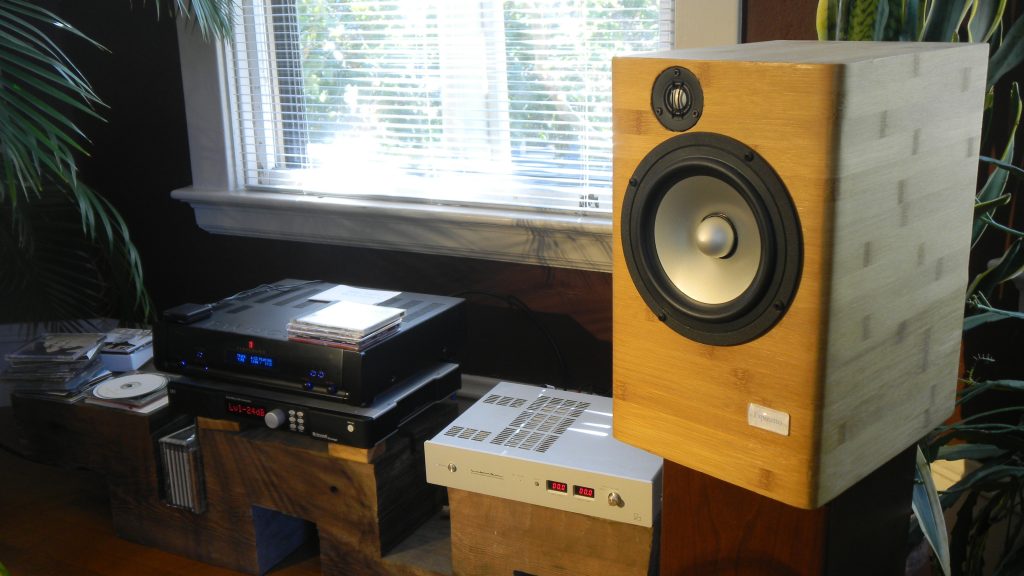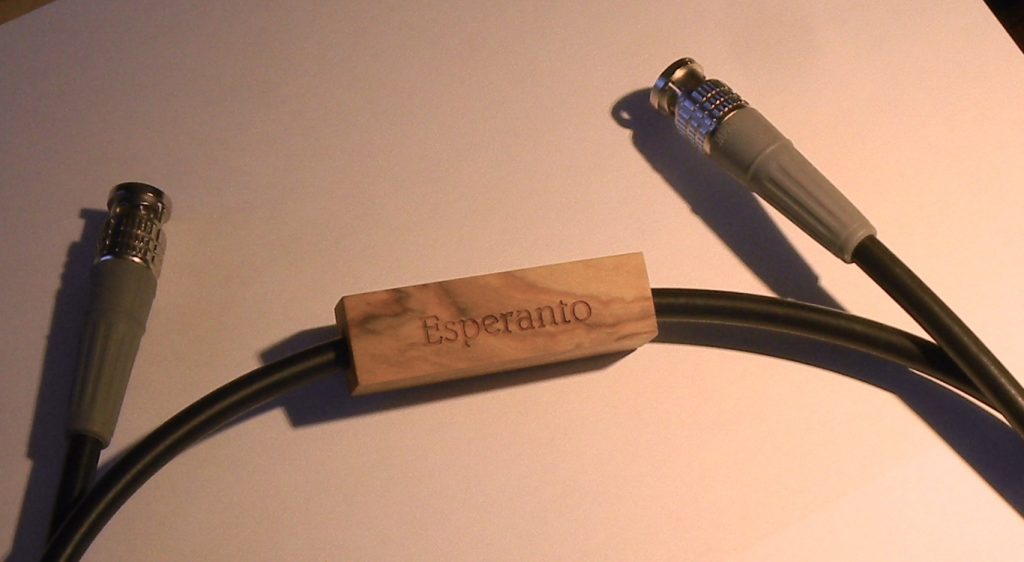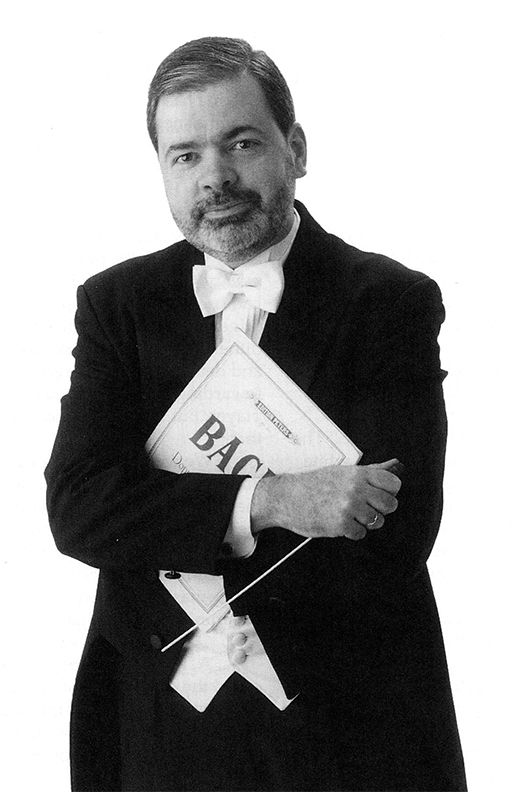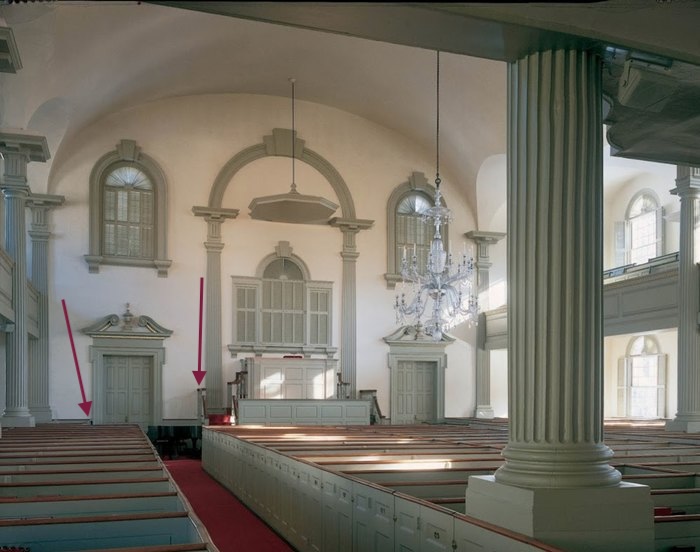In this continuation of his assessment of the artistry of Sergey Schepkin, John Marks spends a few minutes with him discussing how his ongoing maturity as a performer has affected and deepened his understanding of Bach over the years. Every musician must decide the point at which it's worth recording a new set of performances of work that one had addressed earlier in one's life.
And so here with Sergey Schepkin. John Marks talks with him about his new interpretations of Bach...read on for a wonderful, but all too brief interview.
By the way, for more from John Marks, check out his site at http://www.thetannhausergate.com. It's excellent!
Dr. David W. Robinson, Ye Olde Editor
Sergey Schepkin's Steinway & Sons recording of Bach's Six Partitas impressed me so much that I asked him to answer a few questions. Run-on questions, in fact. He coped rather well!
It seems I am not the only person who was impressed; Schepkin's Steinway Partitas has broken into the Top 100 in one category on Amazon's sales charts.
Here goes!
Q1: One thing that caught my eye was that your web site's press-blurb list contained a rave from The Listener magazine about your Partitas recording on the Ongaku label, 20 or so years ago. Listener was founded and edited by Art Dudley. Art's magazine was acquired, but then the new owners folded it. Art then moved over the Stereophile, and so was my colleague until recently.
Therefore, one thing that audiophile readers with long memories will want to know about (and I see that the Ongaku Partita recording is still available from your website) is (apart from the fact that Steinway and Sons' CD label is an enviable place to be) is (a) why you decided to re-record your Bach repertory…
More run-on questions—and even some answers(!)—after the jump. Klicken sie hier, bitte.
A1 (a): As I grow older, my interpretation changes. It does not change overnight, as these works have always been part of my repertoire. The change is organic; it reflects the new possibilities that I keep discovering in this amazing music.
Q1 (b): I see from the liner notes that there is also an aspect of musicological research…
A1 (b): I try to follow the changes in the Bärenreiter Edition (Neue Bach-Ausgabe [New Bach Edition, an academic edition of all of Bach's works]), the latest iteration of which offers many previously-unavailable variants stemming from Bach himself and from his immediate circle of students; I incorporate most of those possibilities in my own reading.
Q1 (c): And what about your own development, in terms of playing the piano as playing the piano…
A1 (c): The harpsichord aesthetic remains important, perhaps even more important now that I actually actively play the instrument (I own a copy of a 1734 Hieronymus Hass harpsichord). But the piano retains and even augments its manifold possibilities. Just as Landowska thought that the modern piano was an ideal medium for Mozart, I think that the modern piano is an ideal medium for Bach, who never wrote "harpsichord music" per se, the way his great contemporaries did.
This is not to disparage any of Bach's contemporaries; it's just they wrote for the actual instrument, availing themselves of its color, whereas Bach just wrote music seemingly unconcerned with the medium. The sound and tone-color, in Bach, are important insofar as they give life to the ever-changing and always new combinations of voices and harmonies. To my ear, the piano renders more justice to Bach's kaleidoscopic polyphony than even such a rich harpsichord as the Hass.
Yet the piano vs. the harpsichord is not really a controversial issue anymore; the piano offers a different take on the music, just as Bach's solo violin music can be played, say, on the mandolin without any losses, as exemplified by Chris Thile's fantastic playing. One has to be aware of the style, of course, and not make Bach sound too much like later composers (although it is fun to do, especially given how much they took from him in every respect).
Q1 (d): Is there anything else that will make your new Partitas CDs a different experience for the listener than the older Ongaku set?
A1 (d): That perhaps is for the listener to discern. But I think that the new recording plumbs more depths than the old one did, and, in some ways, is more enterprising, interpretively.
One new aspect of this recording is that it has all the repeats. Back in 1995, I thought that I could dispense with many of them. The Gigue from the Sixth Partita, in which the ending is so climactic, was the case in point. For the new recording, I had to re-think it substantially in order to take the repeat of the second strain. Also, the Sinfonia of the Second Partita appears twice, first as written, then, as a bonus track, embellished (I used some of the variants from the supplemental section of the Bärenreiter Edition).
Q2: Any comments you can make about recording at Jordan Hall—do I recall that within the past several years they acquired a new piano? Any comments on your acoustical preferences for playing Bach, in terms of the venue and in terms of the recorded sound.
A2: Jordan Hall is the ideal place for me, offering just the right amount of natural reverberation (I don't like added reverb at all). It is a glorious hall, very inspiring to play in. All of my recordings except one (the Schnittke Violin Sonatas) were made there.
Patrick Keating, the brilliant recording engineer with whom I have collaborated for many years, knows the space intimately. The piano I used in the recording is a Hamburg Steinway that New England Conservatory purchased back in 1995. There is a new Hamburg there now, acquired last year, and I look forward to recording on it. (The second recording of the Goldberg Variations, made in 2008 and readily available, alas, only in Japan, was made on a New York Steinway.)
Jordan Hall, recording venue for Sergey Schepkin's Bach Partitas
Photo by Andrew Hurlbut © New England Conservatory
Q3: Finally, anything that you want to say that you think my readers would benefit from hearing.
A3: I hope your readers enjoy the recording. There will be more in the offing as my Bach project is far from completion. The English Suites, Toccatas, Inventions and Sinfonias, Art of Fugue.... Is a lifetime enough to learn and record it all?
Q4: Thanks so much!
A4: My pleasure.


































